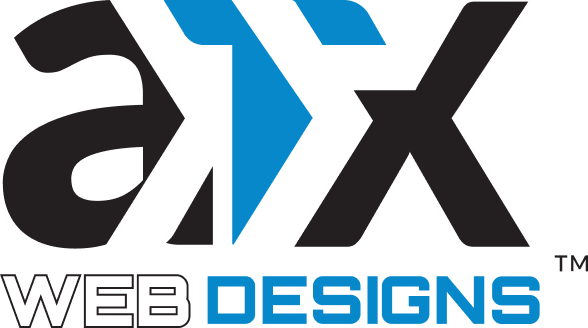If you’re looking to create a fast and easy business website, you may be wondering whether it is worth hiring a professional web design company or if you should just bite the bullet and make it yourself. DIY website building platforms, such as Wix, Weebly, and Squarespace, have emerged as popular choices due to their user-friendly interfaces and affordability.
However, beneath the surface, these seemingly convenient tools harbor limitations that businesses must carefully consider. Before jumping into building your own website, consider these five ways that DIY web design platforms can make the process more challenging.
- Lack of Customization
While DIY platforms offer a variety of pre-designed templates, businesses often find themselves constrained by the limitations of these options. Customization is crucial for creating a website that reflects a brand’s unique identity and effectively communicates its value proposition. Before using a DIY website builder, consider the amount of customization that your website will need. If something simple and generic will work for your purposes, then something like Squarespace or Wix will fit the bill. - Scalability Woes
Scalability is a critical consideration for businesses aiming for long-term growth. DIY platforms may struggle to accommodate the evolving needs of a growing business, leading to performance issues, slower load times, and an overall suboptimal user experience. Explore the importance of scalability and how professional websites are designed to adapt to changing business demands. Again, it is important to consider the needs of your company. If you foresee your company growing and needing complex functionality on your website, then you will be limited by tools like Wix and Squarespace. - SEO Challenges
Effective search engine optimization (SEO) is vital for online visibility. DIY platforms may lack the necessary tools and capabilities for advanced SEO optimization, potentially hindering a business’s ability to rank high on search engine results pages. You will need to heavily research SEO strategy and understand how to include things like meta tags, photo captions, and keywords within the content of your website in order for your site to rank well on search engines. - Learning Curve
Just because DIY platforms like Wix and Squarespace allow you to create websites without the help of a professional web developer, doesn’t mean they are always easy or intuitive to use. There is still a steep learning curve when it comes to using these tools, especially if you are new to the web design world. You will spend a significant amount of time and energy learning how to use these platforms and troubleshooting issues, and may wish that you had outsourced this process to a professional designer. - Limited Support
If you build your own website, then you are responsible for its functioning 24/7, 365 days a year. That means if there are any technical bugs or security issues or customer complaints, you will need to be on call to fix them as soon as possible. While platforms like Wix and Squarespace do offer customer support, they have tens of thousands of customers and may not be able to respond quickly or offer the level of attention and support you need. Ultimately, it will be down to you to resolve any issues with your website.In conclusion, while DIY website builders may offer initial cost savings, businesses must carefully weigh the limitations associated with these platforms. Investing in a professionally designed website provides the flexibility, scalability, and customization needed for sustained success in the competitive online landscape.






